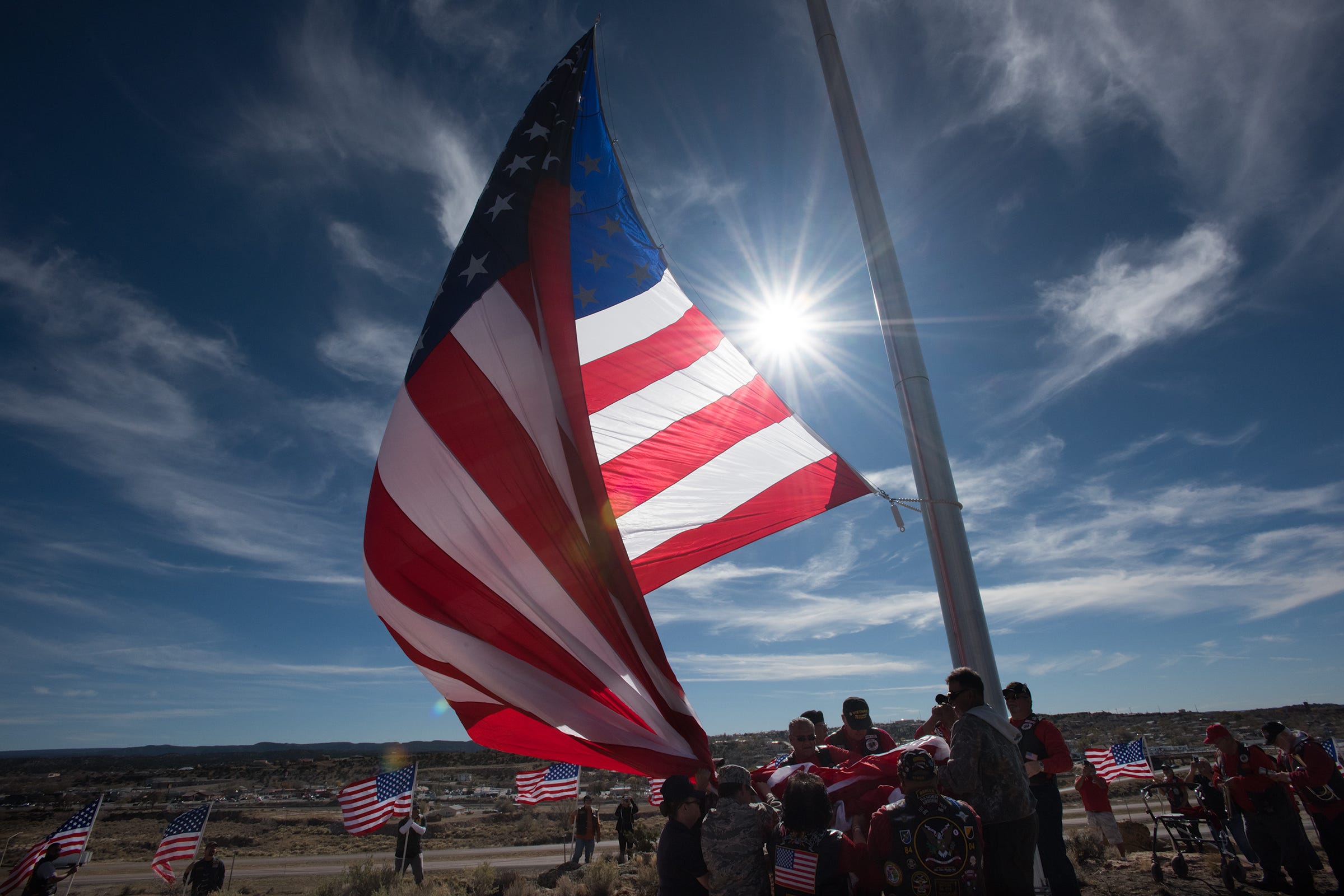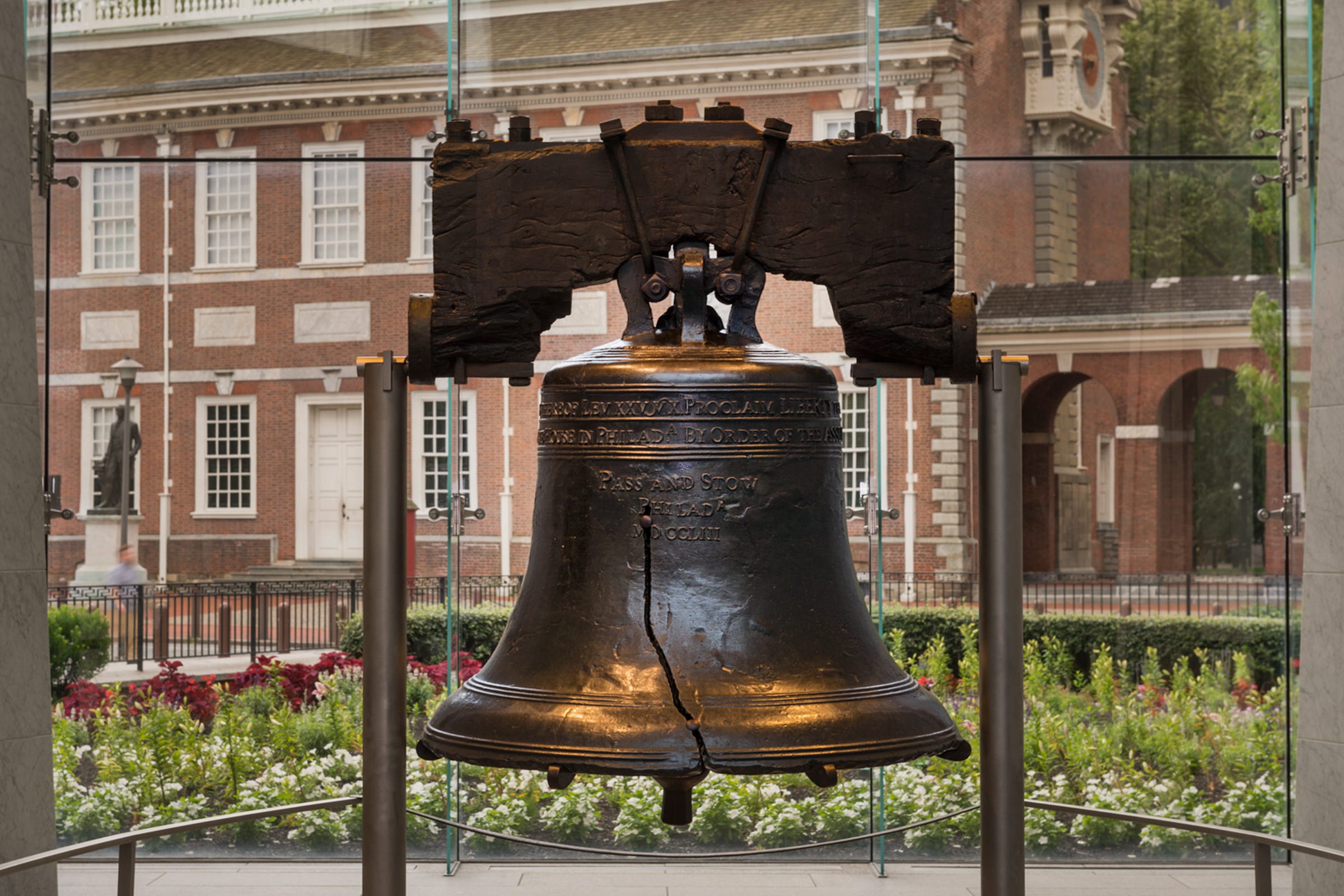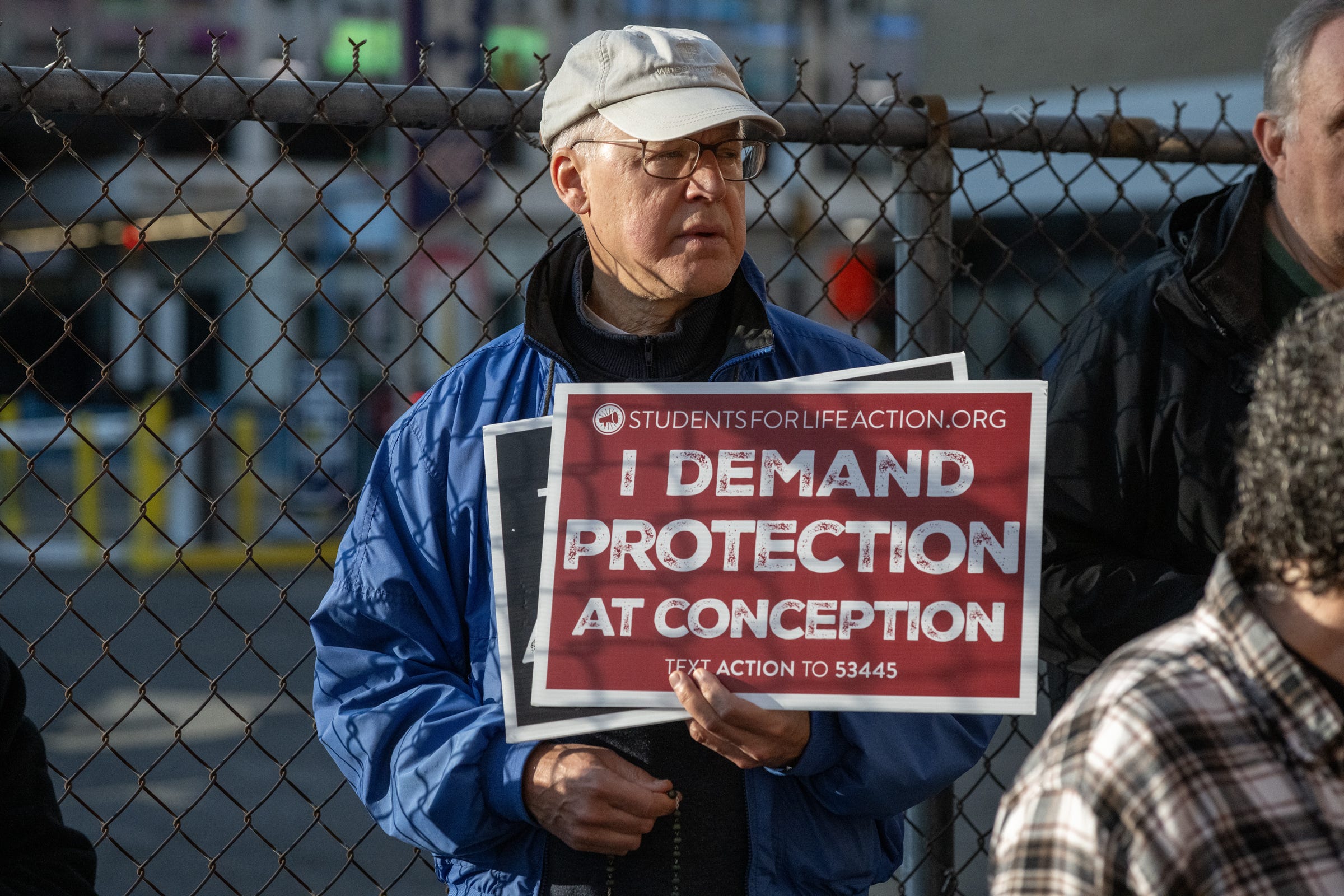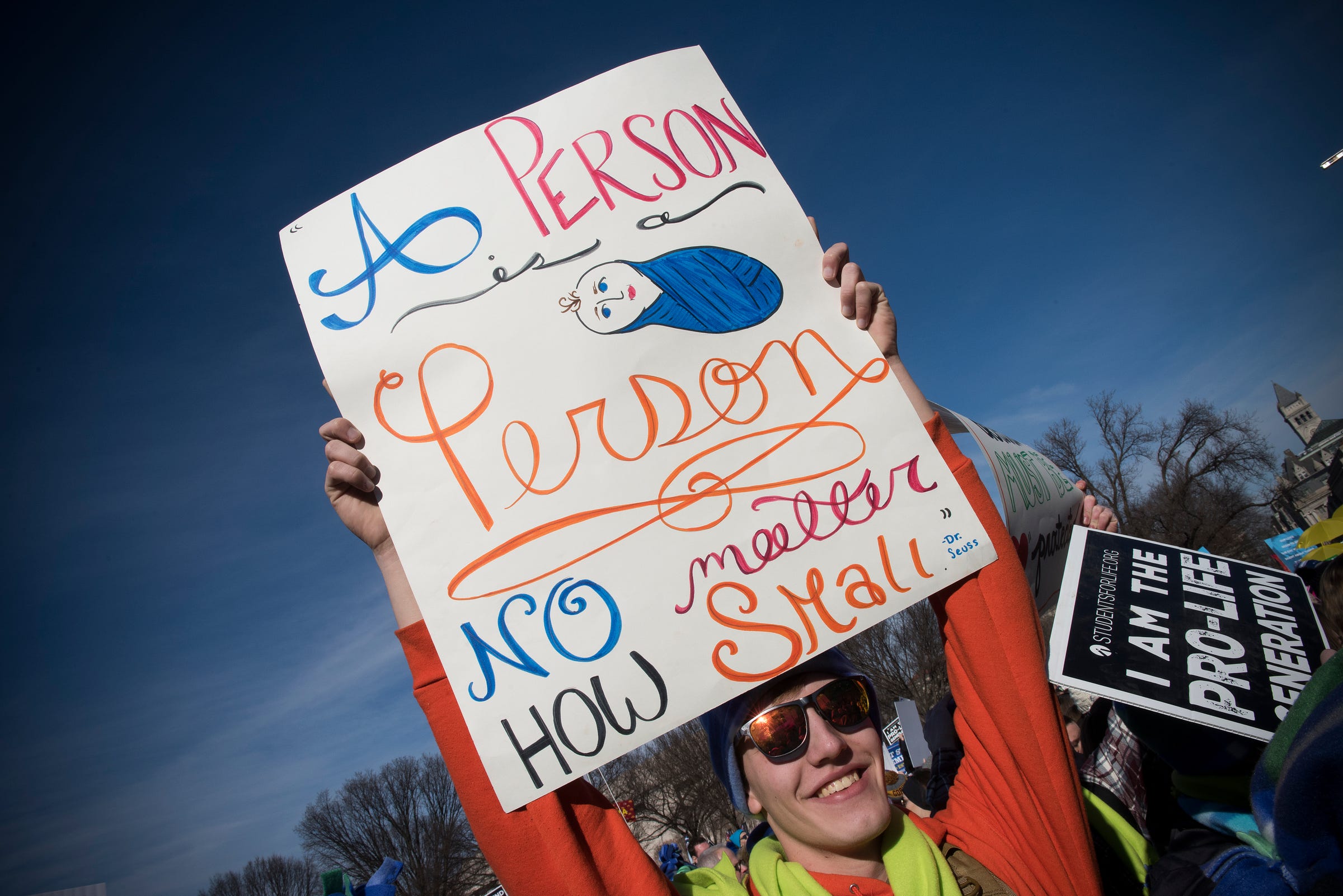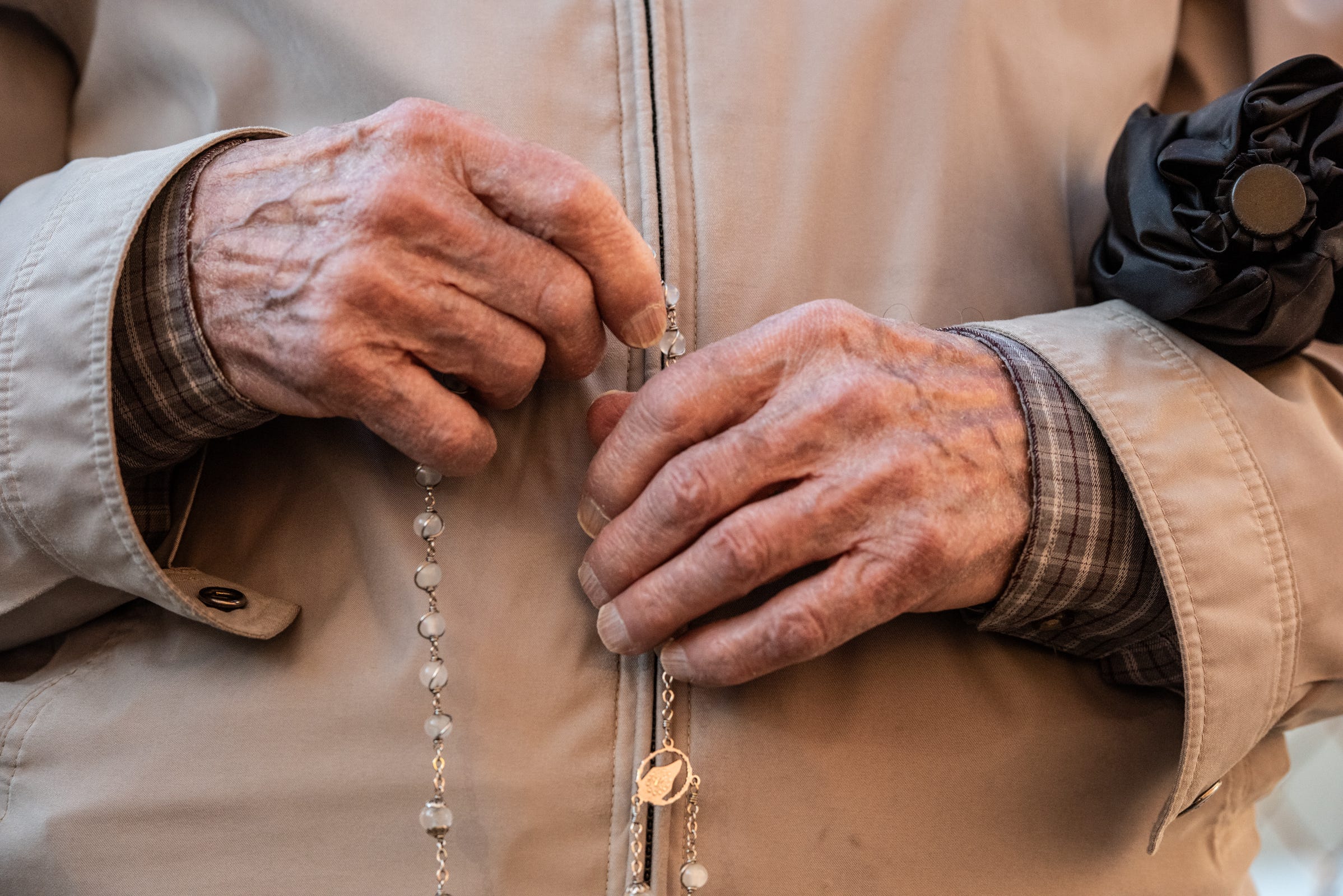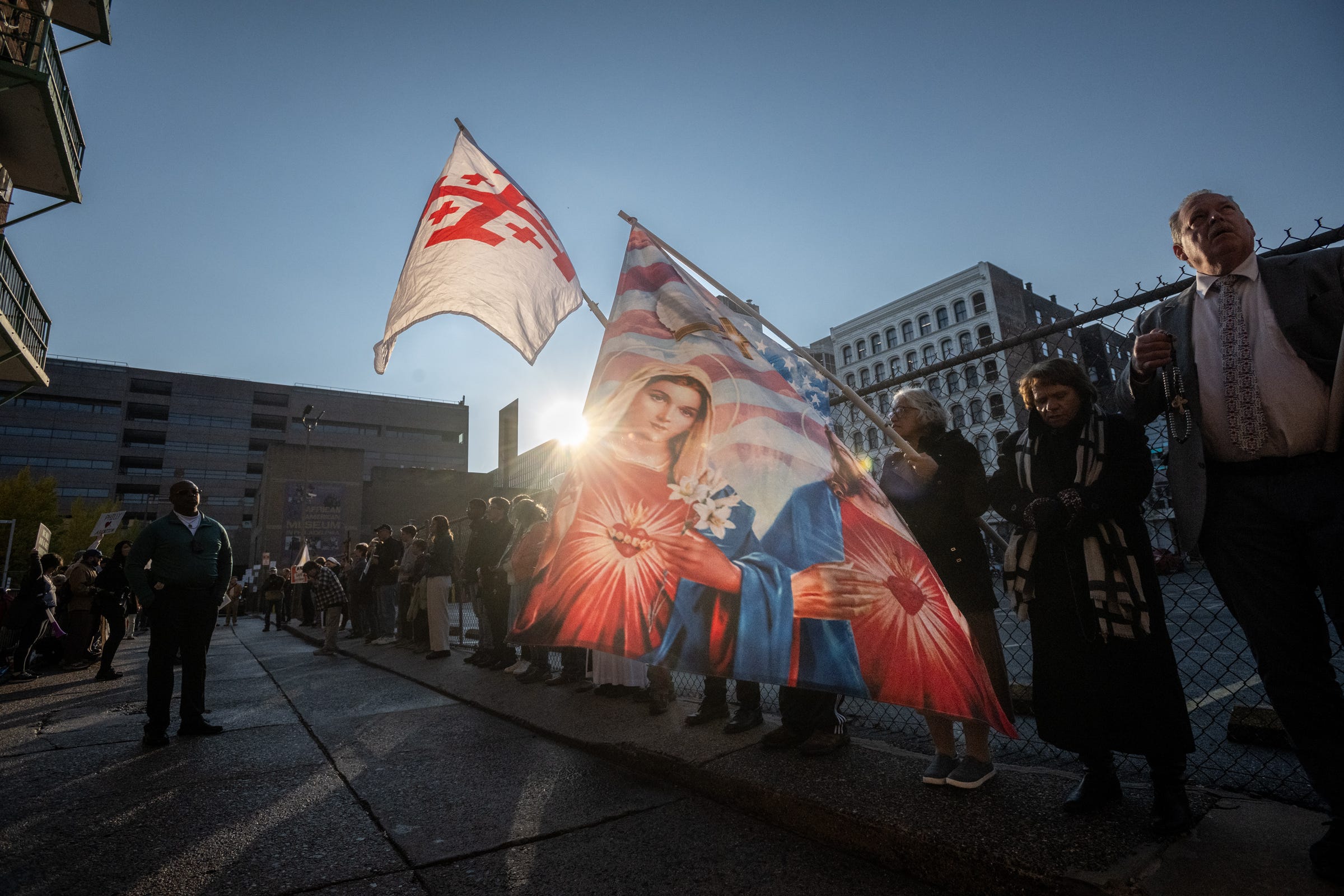Life Before Liberty: Why Abortion Is Un-American
How the defence of life stands at the heart of the American promise
This past weekend, I did something I’d never done before.
I attended a Witness for Life event…
In Philadelphia.
I thought it might be a bit more tame than the NYC Witness for Life events. Wrong. And from what I was told, that day was considered a “quiet one.” I suppose it stands to reason. It’s a city. A real city, and everything that means.
As I stood off to the side observing…the usual shenanigans of the protesters, the hatred, the rage, the noise, in stark contrast to the peaceful prayers of the faithful. But something felt different.
Something felt off.
I thought back to the other times I’d covered events in Philadelphia: Pope Francis’s visit, the Philadelphia March for Life…and the rally…in the shadow of Independence Hall. Within earshot of the Liberty Bell, if it had the ability to ring.
In an instant, it became clear; this is the very ground where the right to life was first enshrined in our national conscience.
The Founding Order of Rights
Thomas Jefferson didn’t invent the phrase “Life, Liberty and the pursuit of Happiness.” He was echoing a moral framework older than the nation itself. John Locke and William Blackstone had already written of life and liberty as rights endowed by God and accessible through reason. Rights that governments exist only to protect, never to bestow.
Jefferson’s genius was to take those philosophical truths and hammer them into a declaration for a fledgling people. He placed life first for a reason. Without life, liberty and happiness are meaningless abstractions.
Freedom presupposes life.
That hierarchy—life before liberty—became the cornerstone of the American project.
The Duty to Defend Life
Pennsylvania’s own 1776 Constitution makes this crystal clear. Its Declaration of Rights proclaims that “all men are born equally free and independent,” with “certain natural, inherent and inalienable rights, amongst which are the enjoying and defending life and liberty.”
Not just enjoying—defending.
Those words weren’t penned as moral poetry; they were meant as marching orders, as doctrine. Across the new republic, life and liberty were treated as natural rights that governments were created to secure. They were the moral architecture of a people who believed freedom carried responsibility.
Standing in Philadelphia today, that structure felt shaken. As if the right to life, the one right that makes all others possible, has become the one that must apologize for existing.
A History That Knows Better
America’s history has always been one of widening the circle of who counts as human: abolishing slavery, expanding civil rights, defending the disabled and elderly. Abortion reverses that moral current.
It narrows the circle dramatically.
By the mid-19th century, most states had laws restricting abortion at every stage. They weren’t importing foreign moral codes, they were applying Jefferson’s own first principle: that life is a gift no state may rightfully take away.
When Liberty Becomes License
Yet today, that moral trajectory has been interrupted, even reversed. Those who defend abortion often invoke liberty. They speak of equality, autonomy, and freedom from government interference. These are deeply American instincts. But liberty, in the American tradition, was never license to destroy another’s life.
Even the most radical defenders of freedom among the Founders understood that liberty was bounded by natural law. It carried moral limits.
If the child in the womb is human, and modern biology leaves no doubt that it is a distinct human life, then that child stands under the same unalienable right that anchors every other: the right to life. The mother’s liberty is sacred, but it cannot eclipse the child’s existence.
When rights collide, the Founders’ hierarchy points the way: life before liberty.
The Moral Imagination of America
Every moral advance in American history has followed that pattern, returning to our founding words and applying them more honestly. Each step forward has expanded the definition of “person,” not restricted it.
Abortion asks us to do the opposite. It demands that we redefine humanity itself. It insists that certain lives, because of size, stage, or dependence, can be erased in the name of liberty…by choice.
That’s not progress. It’s moral regression…an inversion of the very promise that made America different.
To call abortion a “right” is to detach liberty from truth and equality from life. It turns our creed inside out and leaves us with nothing to stand on but a collapsing foundation.
The Battle Beneath Independence Hall
Back at the Witness for Life, the Rosary and the shouting continued. One side prayed quietly for conversion, hope and healing mercy. The other shouted for “liberation” through destruction.
It was the oldest American argument playing out again: freedom ordered to virtue versus freedom unbound from it.
That’s why abortion isn’t merely a religious issue. It’s an American one. Because if life is negotiable, liberty is too. And once the first unalienable right can be denied, none of the others will stand for long.
The truth becomes clear: Those who kneel to defend life when it is most voiceless and unseen are not fringe.
They’re standing in the very mainstream of the American promise.
And those who demand the right to erase that life in the name of autonomy, however loud, powerful, or culturally reinforced, are asking America to betray its own first principle.
For all our failures and hypocrisies, this country began on a claim that shocked the world: that every human life is endowed by God with rights no king, no parliament, no majority can take away.
If that’s true, then a culture that normalizes abortion isn’t just morally tragic.
It’s un-American.
Somewhere between the prayers and the protests, the Liberty Bell hangs silent…cracked, imperfect, but intact. Its inscription, from Leviticus, reads: “Proclaim liberty throughout all the land unto all the inhabitants thereof.”
All the inhabitants. Even the smallest. Even the unseen.
So maybe, just maybe, the most patriotic thing you can do on a cold morning in Philadelphia, on this ground where liberty was born, is to kneel in prayer, and pray that this nation full of promise takes to heart that “Life” truly means life and “all” really means all.
Thanks for reading! This is a truly independent, reader-supported periodical. Your support is crucial. If you are able, please consider a paid subsciption or making a ‘Patron of the Arts’ donation of any amount. By doing so, you are not just supporting this effort; you’re a vital part of this mission.
You have my heartfelt thanks for your generosity and support and please keep me in your prayers, and know of mine for each of you. God Bless, Jeff


